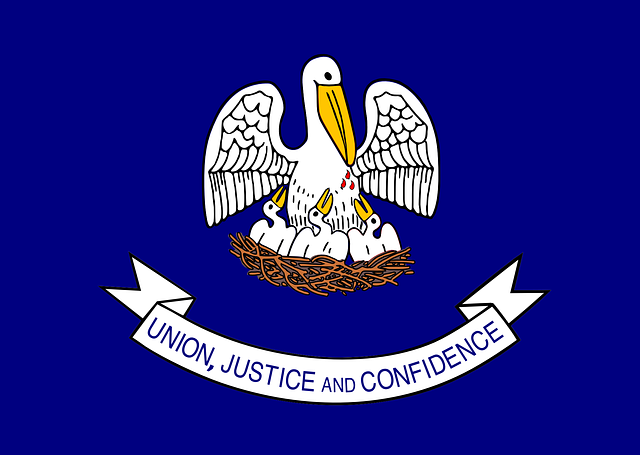
State task force weighs revising Louisiana law criminalizing HIV exposure
Some state legislators are pushing to change Louisiana’s HIV criminalization law, which mandates up to 10 years in prison and 15 years on the sex offender registry for people convicted of intentionally exposing people to the virus.
Advocates for changing the 1987 law say it is overly broad and results in false accusations and convictions even when no HIV transmission occurs. They also say the law relies on a flawed understanding of how HIV is spread, and that it discourages HIV testing because it shields people who do not know their status from criminal liability.
Proponents for keeping the law say it protects people from getting HIV, and that there shouldn’t be leniency for those who put others at risk of infection.
The state’s Task Force to Study HIV Criminalization, which met last week, is taking up those issues. The panel, which includes legislators and health care professionals, could ultimately ask the Legislature to consider revising the law.
Legislator members include State Rep. Aimee Freeman, D-New Orleans, who co-authored the House resolution that convened the panel; Rep. Vanessa LaFleur, D-Baton Rouge, and Rep. Wayne McMahen, R-Minden.
“I do hope the members of the (Legislature) will see the reasons for this change,” Freeman said in an interview. “It’s just to update a law that’s using old science.”
McMahen, the task force’s lone Republican legislator, said in an interview that he was open to updating the law but hadn’t yet made any decisions on what changes should occur.
“You want a pathway forward, but you’ve got to have guardrails on that pathway too, to protect both sides of the population,” McMahen said, referring to people who are HIV positive and people who are not. “This was a fact-finding, information-gathering task force. … then we need to see what we can come up with.”
It remains to be seen whether the issue will be supported by other lawmakers or by Gov.-elect Jeff Landry, the state’s hard-right attorney general who has promised to be tough on crime.
A Landry spokesperson said she could not provide comment by deadline. Landry is widely expected to call a special session on crime in January.
At issue is a statute that holds that “no person shall intentionally expose another to HIV through any means or contact without the knowing and lawful consent of the victim, if at the time of the exposure the infected person knew he was HIV positive.”
Convictions result in a decadelong prison sentence or a $5,000 fine, or both, with slightly steeper penalties for those convicted of exposing a first responder to the virus. Louisiana also requires people convicted of crimes involving HIV to register as sex offenders.
A defendant can only avoid conviction if they prove the person exposed knew the defendant had HIV and knew the act could result in an infection, or if they prove both that they disclosed their status and either a medical professional told them they were noninfectious, or they “took practical means to prevent transmission.”
Between 2011 and 2022, at least 176 people were arrested under Louisiana’s HIV criminalization statute. About 91% of those arrested were Black men, a population that makes up 44% of state residents living with HIV.
During last week’s task force meeting, Rep. Larry Bagley, R-Stonewall, expressed skepticism over whether it was necessary to change the law. Bagley is not a member of the task force but sat in as McMahen’s proxy.
“With somebody that would pass HIV along knowingly, I wouldn’t have any sympathy at all for them, and as a legislator, I would never vote to change those laws where we’re going to allow those things,” he said. “Regardless of what is said it can lead to your death. … I’m going to take a pretty strong stance there.”
But other task force members who support changes stressed that an HIV diagnosis is no longer a death sentence and noted that modern-day treatment options can make it impossible for HIV-positive individuals to infect others.
George Nawas, a clinical assistant professor at Xavier University, said HIV is the only sexually transmitted infection that Louisiana criminalizes. HIV criminalization may work against public health by reducing test rates, he added. In 2020, Louisiana had the fourth-highest HIV case rate in the country.
“(The law) is putting responsibility on people living with HIV if at the time of the exposure the infected person knew he was HIV positive. One of the things that we know to end the HIV epidemic is to encourage people. … to get tested,” Nawas aid. “So by someone reading this statute here … people are discouraged to know their status.”








